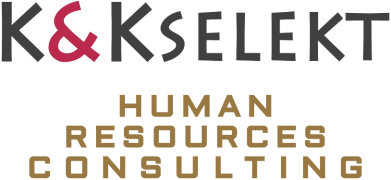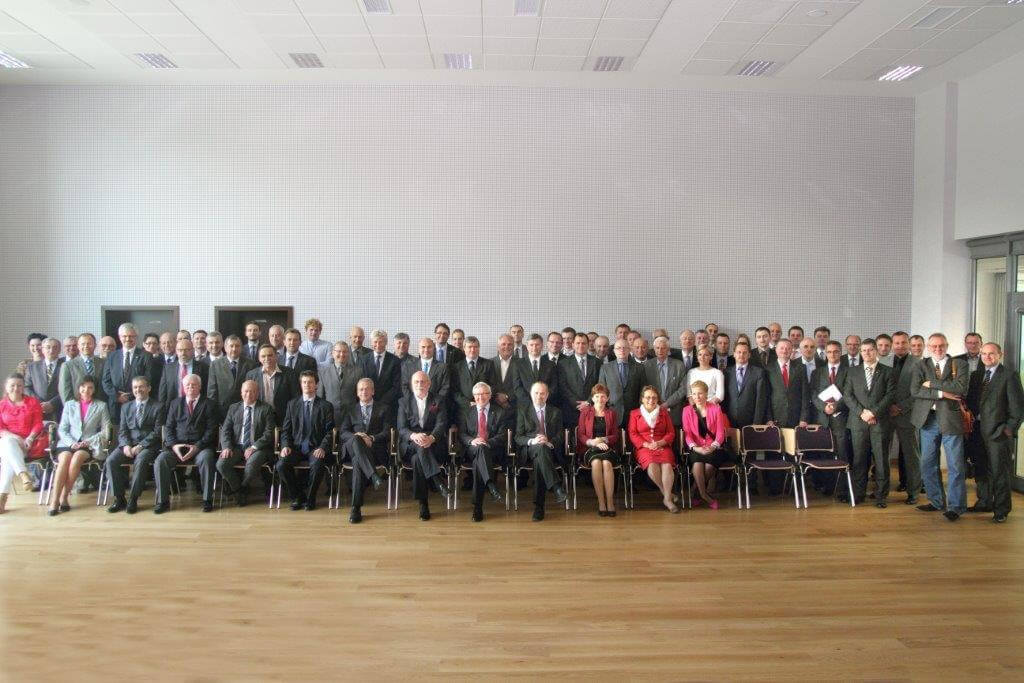“We are in for a harvest and years of manufacturing boom times. The Podkarpackie region will be hit by a manufacturing tsunami, whose culmination will be observed in 2017. However, it begins as early as next year”, stated Marek Darecki, President of Aviation Valley, after the conclusion of the 10th General Meeting of the association, which took place on Tuesday.
The oldest cluster in the Podkarpackie region – Aviation Valley – is celebrating the 10th anniversary of its establishment. Last Tuesday saw the inclusion of 10 new companies into the association at its 10th General Meeting. Among these companies were Heli-One, specialising in helicopter repairs, and small, family-run businesses.“We already associate 112 members. These companies employ a total of 23 thousand people, and this year our export sales will exceed USD 2 billion for the first time. This is the only Eastern-European cluster characterised by such potential and growth”, said Marek Darecki. According to Darecki, the continuous development of the cluster, which is bringing about visible results, is the greatest success of the last decade. “This is not short-lived enthusiasm, a fad that fades after a year or two. This is consistent and positive grassroot work. For me, the greatest success to bear fruit in the future is the ‘Children’s University of Technology’ and ‘Flying Physics’ initiatives, as well as the network of twelve practical education centres which are being built in the cities around the Podkarpackie region”, stated Darecki.
When asked about the company’s plans for the next 10 years, he said: “We are in for years
of a manufacturing boom. The Podkarpackie region will be hit by a manufacturing tsunami, whose culmination will be observed in 2017. However, it begins as early as next year. The main issue is whether we have enough qualified employees: engineers, turners/machinist millers, welders and quality controllers; whether our education system is ready for this”.
The optimism of AV’s execs is based on contracts. “We have won the competition against other countries that applied for these contracts”, boasted Darecki. According to him, the successes of Aviation Valley’s companies are due to: “The best combination of very high competence employees, as well as costs and stability”.
The companies forming part of Aviation Valley will manufacture engines for new-generation aircraft from Airbus, Boeing, and smaller producers. “In 2016-2017 we will replace aircraft engines with new-generation units, which are more economical and efficient. This is not a 1-2 percent improvement, but a 10-20 percent enhancement”, said Ryszard Łęgiewicz, Deputy President of Aviation Valley.
What now keeps the executives of AV awake at night is the issue of performing the contracts. All the teams are now debating whether we have enough production facilities – which we will have to buy; whether we have enough machines – which we’ll have to buy in bulk; and who will manufacture them – do we have a large enough workforce?” says Darecki.

